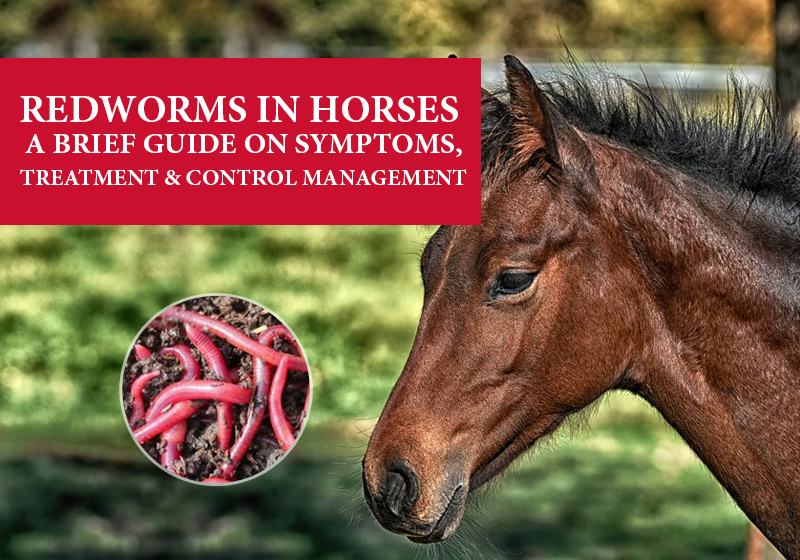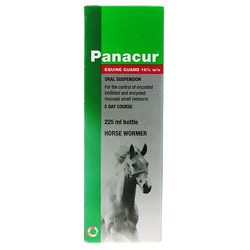
The galloping and neighing of horses make the environment vibrant, filling you up with new energy. Riding on your horse especially when he is quite healthy just brings you a great pride. However, out of blue, if you suddenly find that your horse is vomiting or has lost weight then it’s a wakeup call for you to find out what’s wrong with your gladiator. These are the signs that your horse show of being infected with worms. It has the most damaging effect and can be fatal at times. Worms impact the proper growth and development of your horse. Especially in racing horses, the performance usually gets impacted badly and this definitely means that a concrete shield is required to help guard them against the most treacherous worms.
The most common chronic disease that horses get infected with is redworms. It is a common name given to a group of worms namely small strongyles or cyathostomes.
These worms similar to bloodworms, though not as much deadly as bloodworms, can create intense health conditions in horses. Heavy infestations can lead to severe ill-health and if a worm control program is ignored or not acted on, the overall effect may be much devastating and at times can be fatal.
Major Symptoms of Redworms in horses
- Loss of condition
- Severe weight loss
- Anemia
- Distended stomach
- Staring or dull coat
- Diarrhea
- Colic
- Fluid swellings in the legs, around the sheath or on the stomach
- Reducing the horse’s ability to absorb nutrients
Your horse may become chronic ‘bad doer’, and in some cases, the infestation may be fatal.

Treatment
The elimination of redworms in horses is quite simple and common redworms are highly effective in treating these worms.

However, immature forms of the larvae are too hard to treat and at times go untreated. Therefore, for effective control of redworm infestation, it is crucial to treat your horse on a regular basis. Treatment with Panacur equine guard can aid in the protection against recurring redworm infestation when used regularly. Normally, vets recommend treating your horse during spring and fall, which is the peak season of contracting redworms. Proper care, scheduled redworm treatment, and cleanliness in the surroundings will aid in preventing chronic redworm infection in horses.
Redworm Control Management
There are a few things to consider for the full proof worm control management program.
- Always have a look where you allow your horse to graze. If the paster is loaded with other outside horses or farm animals, consider feeding your own grass.
- Regular deworming is the best prevention that you can follow for your horse. Some types of redworms, within six weeks after emergence into the intestines, may begin laying eggs. Therefore, a six weekly worming interval will be practically effective.
The most concrete step that you can follow is to treat mares and foals on a monthly basis with horse wormers (redwormers) and schedule a six weekly treatment for all other horses with an oral wormer.
